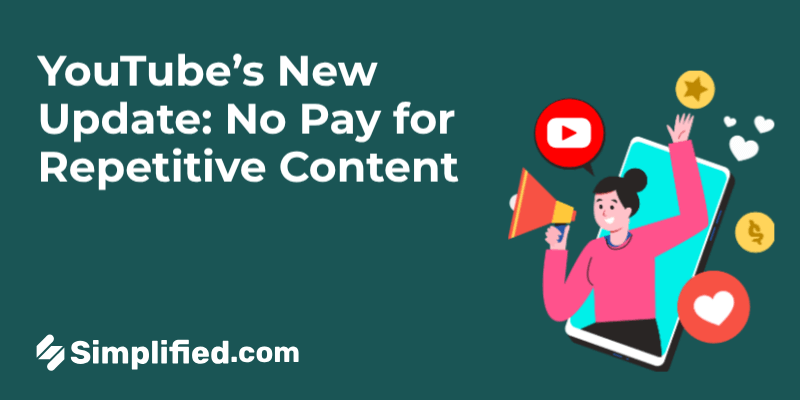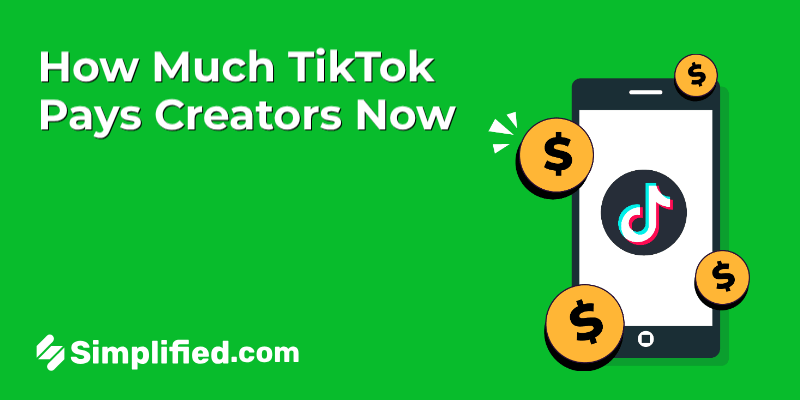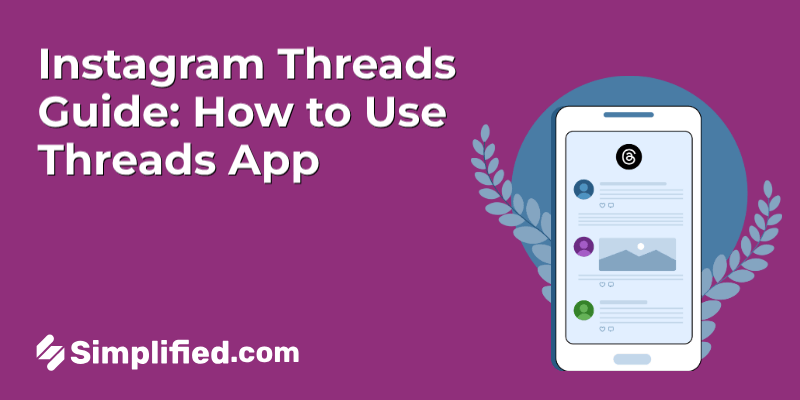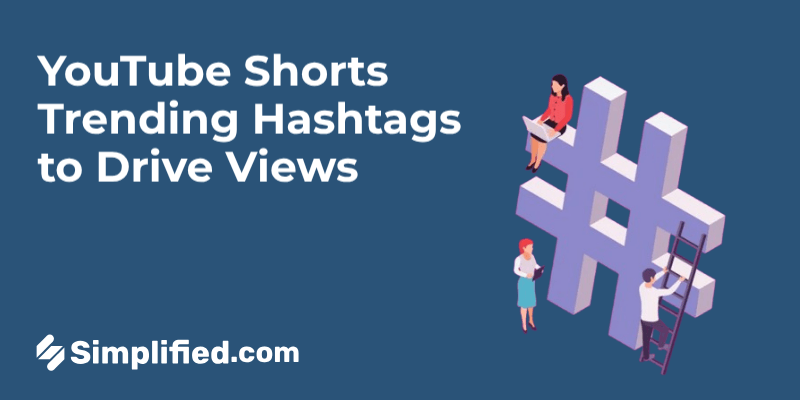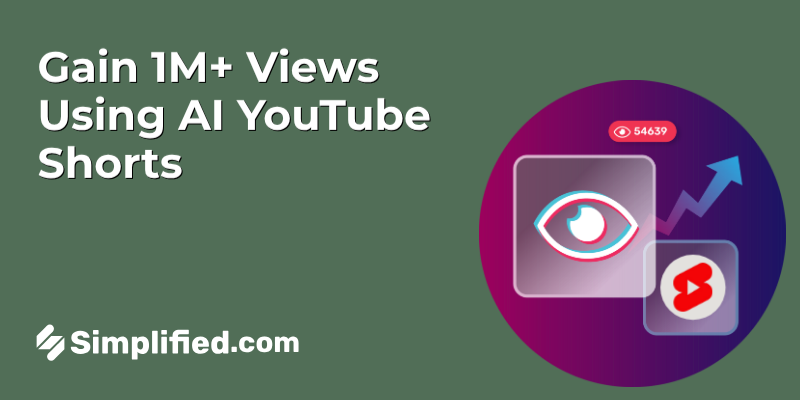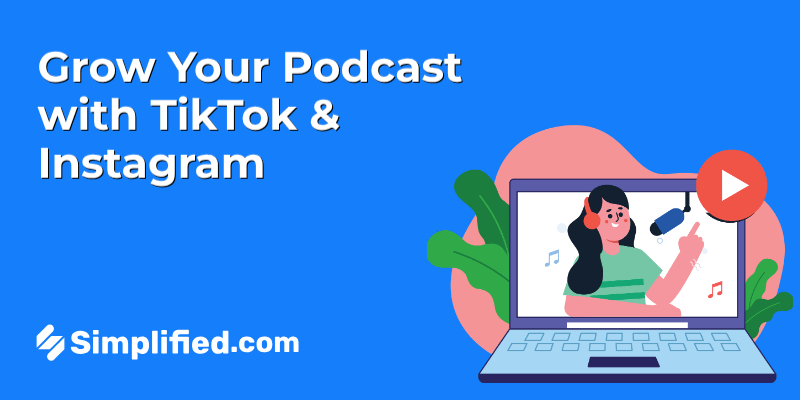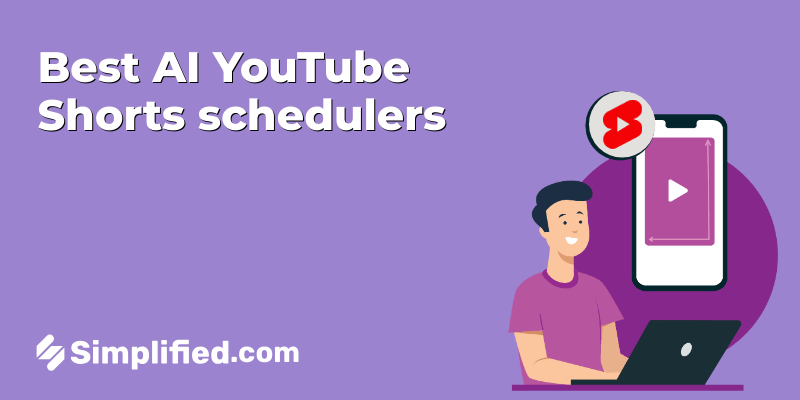
How do you know if your social media efforts are truly making an impact? Simply posting regularly isn’t enough—understanding the effectiveness of your social media activity is key. Social media analytics tools help businesses move beyond likes and shares, providing valuable insights that enable smarter decisions and better engagement with your audience.
This guide will introduce you to the best social media analytics tools, showing you how to transform raw data into actionable information. By gaining a deeper understanding of your audience’s behavior, you can fine-tune your strategy to align with your business goals. Ready to take your social media strategy to the next level? Let’s explore more how social media analytics tools strengthen your business insights
What Are Social Media Analytics Tools?
Social media analytics tools offer businesses a way to understand their performance across platforms. By gathering and analyzing data, these tools reveal patterns and trends, helping companies make informed choices to boost engagement, reach, and overall social presence.
With analytics, companies can see how their content is performing, track audience behaviors, and evaluate how well their campaigns are doing. Key metrics include engagement rates, reach, impressions, and follower growth—each offering valuable insights into how audiences respond to your posts.
Bonus: Top E-commerce Analytics Tools for Maximized Success
Key Features to Look for in Social Media Analytics Tools
When selecting a social media analytics tool, it’s helpful to focus on specific features that align with your business goals. Here are some core capabilities to consider:
- Data Collection and Aggregation: Look for a tool that can gather data from all your social media channels in one place. This feature provides a complete view of your social media performance and audience behavior, saving time from switching between platforms.
- Real-Time Analytics: With real-time analytics, you can get up-to-the-minute insights on how your posts are performing. Real-time tracking helps you identify trends as they develop and allowe quick adjustments.
- Customizable Dashboards: Customize dashboards to show only the key metrics you need, like engagement, demographics, or sentiment, for easy analysis.
- Automated Reporting: Automated reports simplify data-sharing with stakeholders. Look for a tool that enables scheduled reporting (weekly, monthly, etc.) and offers easily digestible visuals and charts.
- Sentiment Analysis: Understanding the sentiment behind comments, reviews, and shares is essential for gauging audience attitudes. Sentiment analysis provides context for your engagement, helping you understand if interactions are generally positive, negative, or neutral.
- Competitor Analysis: Some analytics tools offer competitor tracking, allowing you to see how your performance stacks up against similar brands.
- Influencer Identification: If your business collaborates with influencers, look for a tool that identifies influential users in your industry.
- Audience Demographics: Knowing more about your audience’s demographics (like age, location, and interests) enables targeted content creation.
- Cross-Platform Tracking: For businesses using multiple social platforms, a tool that provides cross-platform tracking is essential. This feature allows you to monitor your social media presence holistically, making it easier to see overall trends and compare performance across channels.
- Integration Capabilities: If you use other business tools, such as CRM or email marketing software, it can be beneficial to find an analytics tool with integration capabilities.
Trends in Social Media Analytics
As digital technology advances, social media analytics tools are evolving too. Here are some trends shaping the future of social media analytics:
AI and Machine Learning: Tools are using AI to offer predictive analytics and smarter suggestions.
Personalized Data Insights: Social media analytics are becoming more personalized, providing businesses with data that reflects individual user preferences, allowing them to create more relevant content.
Integration with Business Tools: Analytics tools are increasingly working smoothly with CRM and marketing software.
Focus on Privacy: As privacy concerns grow, tools are focusing on data protection and user consent.
Real-Time Data Processing: Faster insights allow businesses to act more swiftly.
Staying updated with these trends will help your business maintain a competitive edge in social media.
Bonus: Instagram Insights Simplified in 8 Easy Steps [PART 1]
Top Social Media Analytics Tools for Businesses
Here are some standout social media analytics tools, starting with Simplified, that offer valuable features for businesses of all sizes:
- Simplified: Known for its user-friendly design, Simplified is an all in one platform that provides analytics across major social media platforms. It includes customizable dashboards, sentiment analysis, and detailed audience insights, making it a great option for businesses focused on improving engagement. Simplified also features cross-platform tracking, which allows you to assess performance across multiple channels at once.
- Hootsuite: Hootsuite is a well-known tool that offers analytics and reporting. it allows users to track and report on various social platforms. With customizable dashboards and competitor analysis, Hootsuite makes it easy to visualize data and understand trends.
- Sprout Social: Sprout Social is particularly effective for generating insights on engagement metrics. It offers customizable dashboards and social listening features, allowing businesses to see real-time audience sentiment and respond accordingly.
- Buffer Analyze: Part of the Buffer suite, Buffer Analyze focuses on engagement metrics and audience demographics. It’s suitable for businesses looking to understand more about their audience’s behavior and preferences.
- Google Analytics: While primarily a website analytics tool, Google Analytics offers social media insights that can be particularly useful when integrated with other social analytics tools.
Each of these tools brings unique strengths, so consider which best matches your business objectives.
Bonus: Impact of Influencer Analytics Tools: Track Influencer Marketing Performance
Making the Most of Social Media Analytics
Integration: Link all relevant social media accounts within your analytics tool. This gives you a complete view across platforms, making it easier to assess overall engagement and audience behavior in one place.
Set Benchmarks: Establish benchmarks for key metrics like engagement, reach, and follower growth. These benchmarks serve as targets, helping you measure progress and evaluate the effectiveness of your strategies.
Consistent Monitoring: Schedule regular check-ins to review social media data, ideally weekly or monthly. Consistent monitoring helps you spot trends, track changes, and stay updated on what content resonates most with your audience.
Report Analysis: Generate reports to reveal patterns in audience behavior, such as preferred content types and peak engagement times. Use these reports to guide decisions and share insights with team members for alignment on strategy.
Adapt Your Strategy: Use insights from analytics to adjust your approach. Increase content types that drive higher engagement or explore new themes if current ones underperform, continually refining your strategy to boost effectiveness.
Conclusion
Social media analytics tools are essential for businesses aiming to improve their online presence and engagement. As you explore the various options available, consider your business’s specific needs, such as the platforms you use most and the data that will best inform your strategy. Integrating analytics tools into your social media approach can ultimately help you connect more effectively with your audience and drive growth.
Take advantage of the valuable insights at your fingertips—start using social media analytics to advance your business today.



